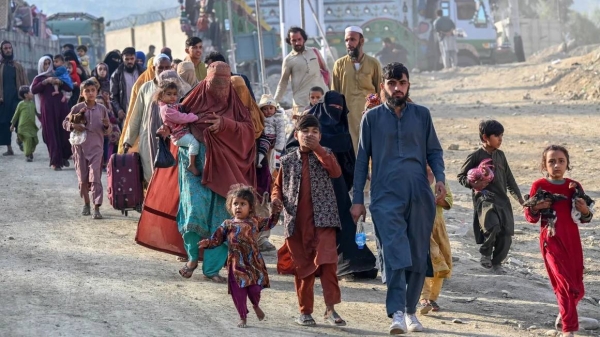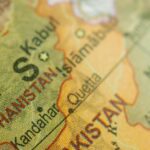The United Nations refugee chief has called on Pakistan to pause its ongoing deportation of Afghan refugees, following a devastating earthquake in eastern Afghanistan that killed nearly 1,500 people and injured thousands more.
In a post on X (formerly Twitter), Filippo Grandi, the UN High Commissioner for Refugees, urged Islamabad to reconsider its repatriation drive under the current humanitarian crisis.
“Given the circumstances, I appeal to the Government of Pakistan to pause the implementation of the Illegal Foreigners Repatriation Plan,” he said, warning that many of those being deported are returning to a disaster zone.
His appeal came as rescue teams in Afghanistan continued to struggle to reach remote communities affected by the magnitude 6.0 quake that struck the mountainous border region with Pakistan late Sunday. The earthquake flattened mud-brick homes while families were sleeping, making it one of the deadliest disasters in the country’s recent history.
According to Taliban officials, at least 1,469 people were killed, more than 3,700 injured, and over 500,000 affected by the quake. For over four decades, Pakistan has hosted millions of Afghans fleeing war and persecution — from the 1979 Soviet invasion to the 2021 Taliban takeover. Many have built lives in Pakistan, gaining access to education and employment, while others have remained in limbo awaiting relocation to third countries.
But in 2023, citing rising militant violence and national security concerns, Pakistan launched a campaign to expel undocumented Afghan nationals, often labeling them as “terrorists and criminals.” Since then, more than 1.2 million Afghans have been forced to return — 443,000 in 2025 alone, according to the UN. The latest phase of the campaign targets around 1.3 million refugees holding UNHCR-issued Proof of Registration (PoR) cards, who were given a September 1 deadline to leave or face arrest and deportation.
The UNHCR has warned of a further surge in returns in the days ahead. On Tuesday, UNHCR spokesperson Babar Baloch said the agency was “preparing for significantly more returns” as the deadline passes. At the Chaman border, over 4,000 people crossed into Afghanistan recently, while in Spin Boldak, local officials said 250 to 300 families were arriving daily since August 31. At the Torkham crossing in the north, more than 6,300 PoR holders returned on Tuesday alone. Nearly 63,000 PoR cardholders have crossed back into Afghanistan since April.
UNHCR data also revealed a sharp rise in deportations between August 24 and 30, with 25,490 returnees, including 13,525 PoR cardholders, crossing the border.
Observers say Pakistan’s crackdown is also a political signal aimed at pressuring the Taliban, whom it accuses of harboring militants responsible for cross-border attacks. The Taliban government has denied the allegations. Despite the tensions, Grandi emphasized the importance of humanitarian assistance. “Aid from donors, including Pakistan, remains vital and welcome as Afghanistan faces the consequences of this disaster,” he said.












Leave a comment